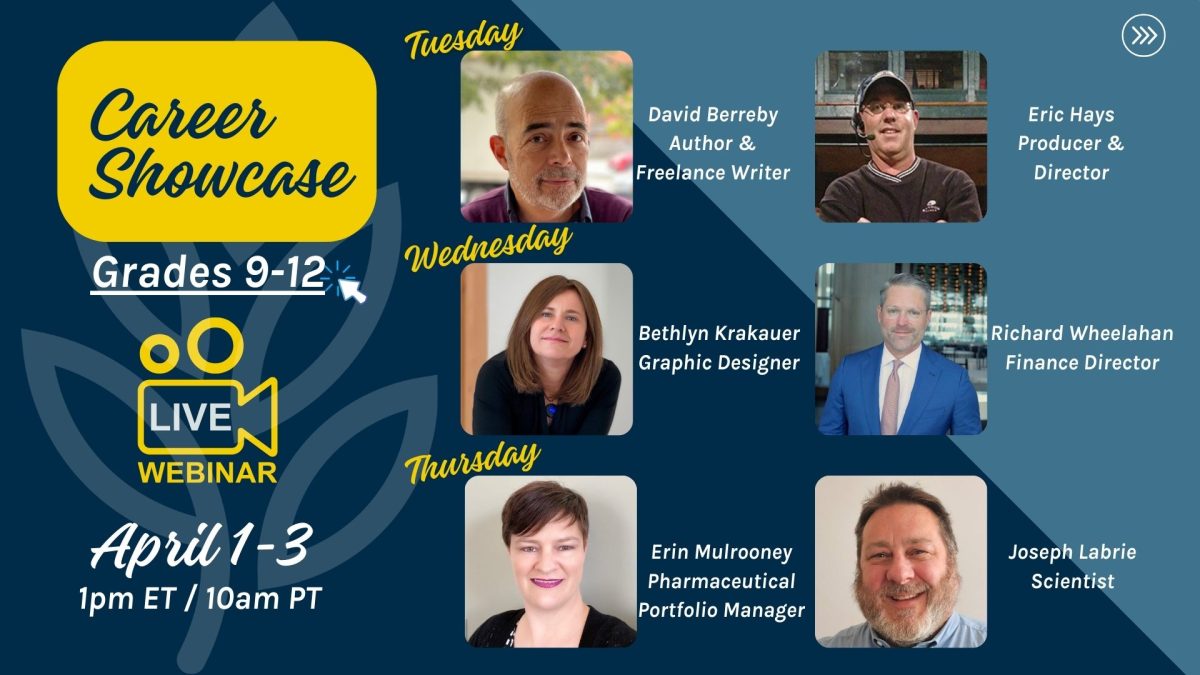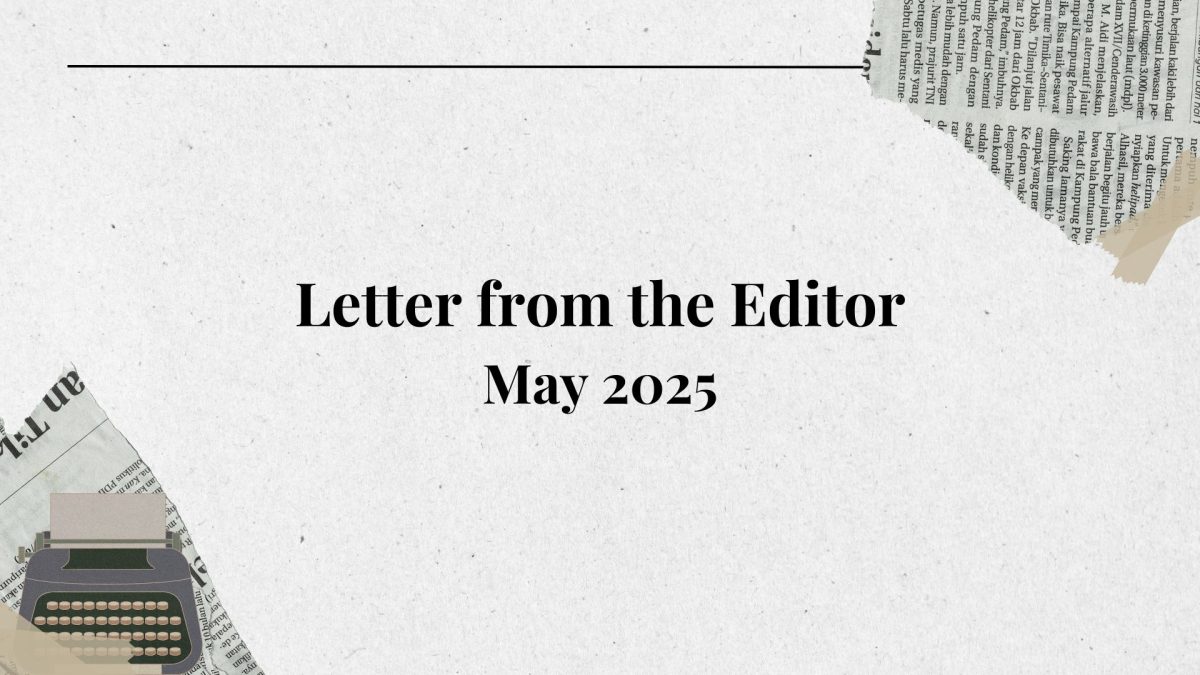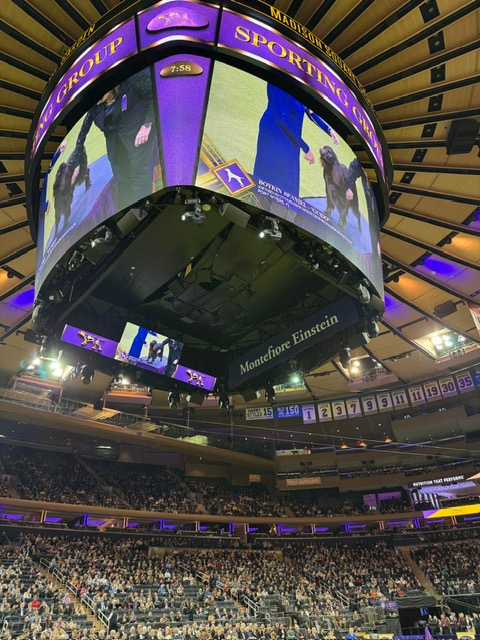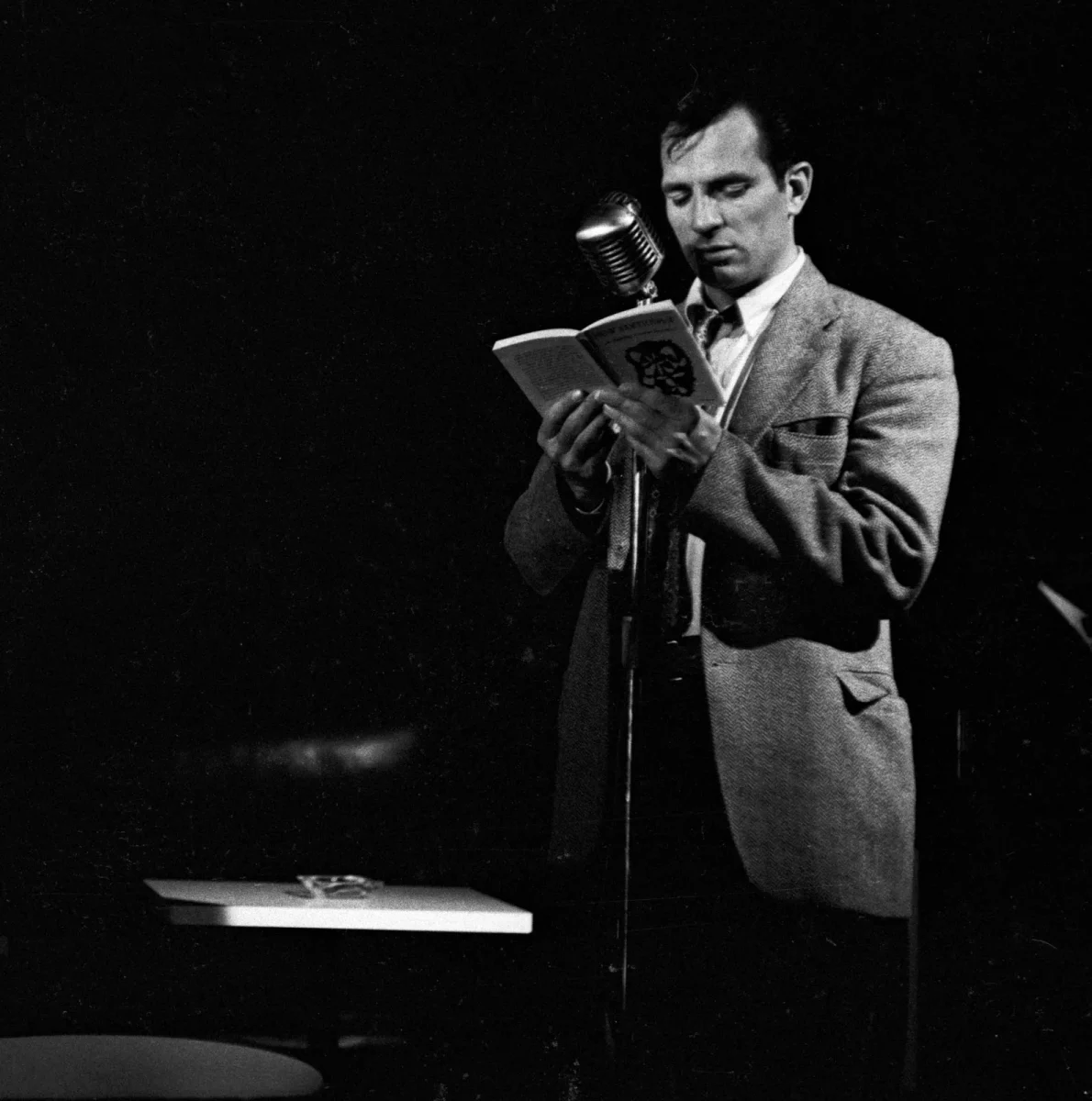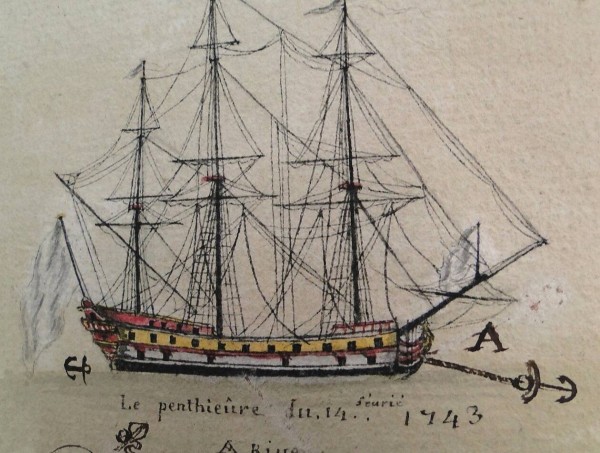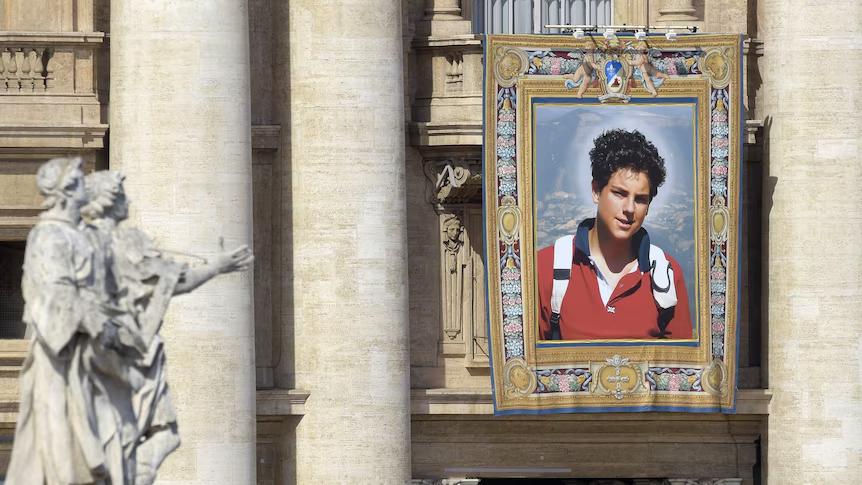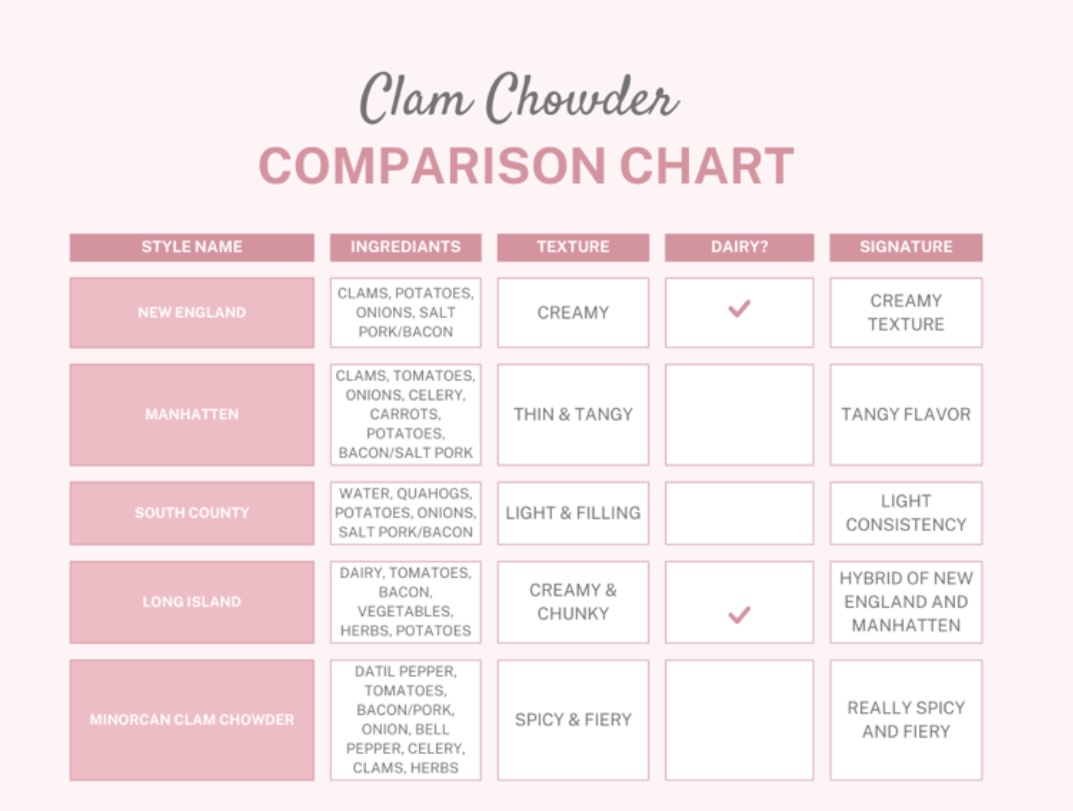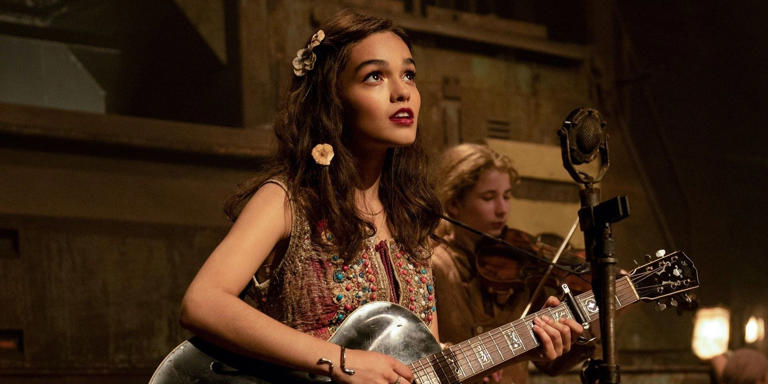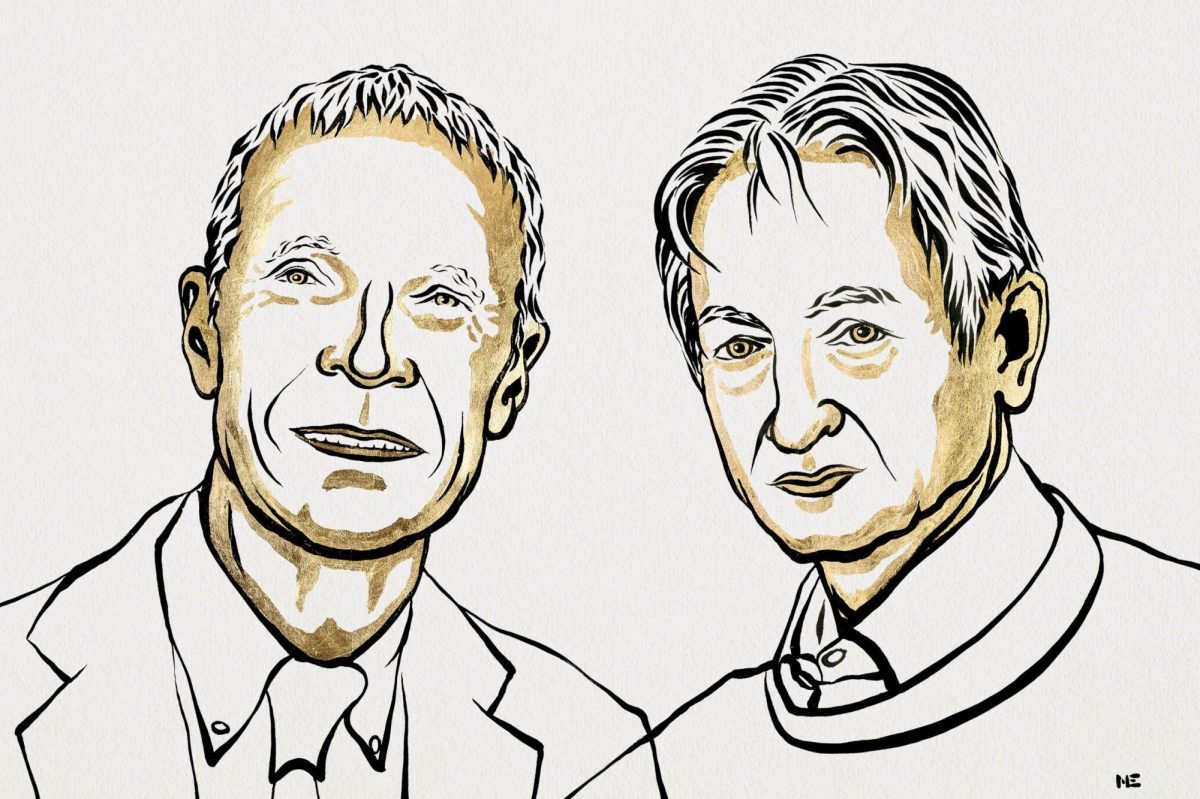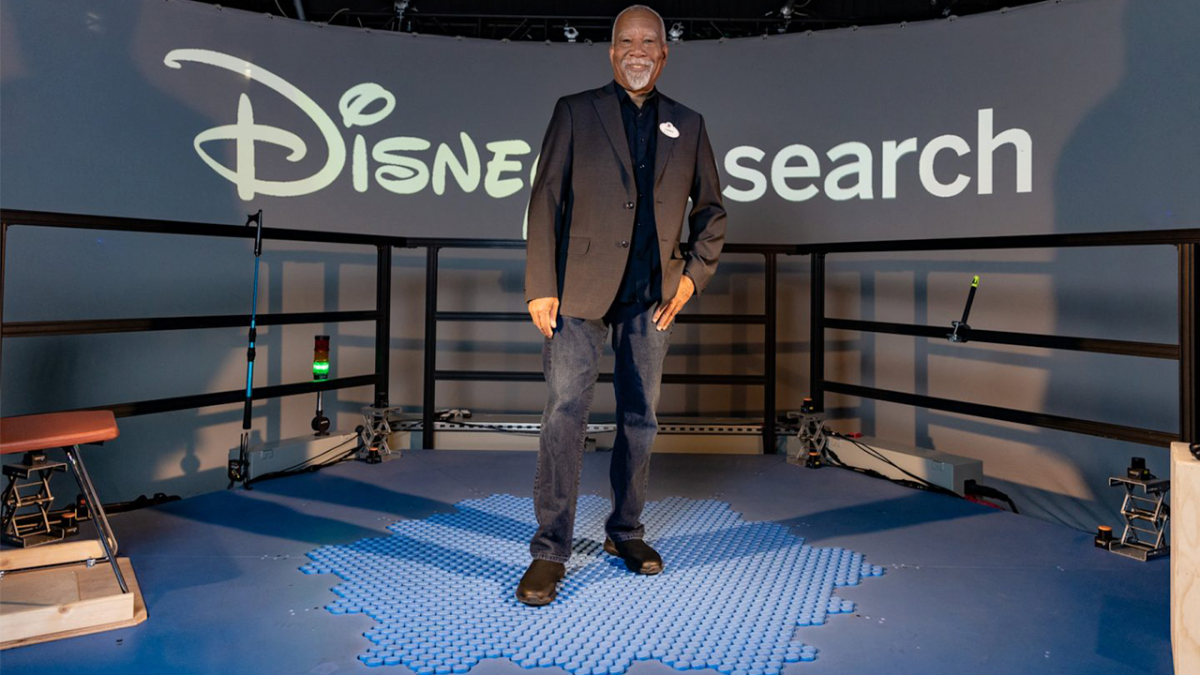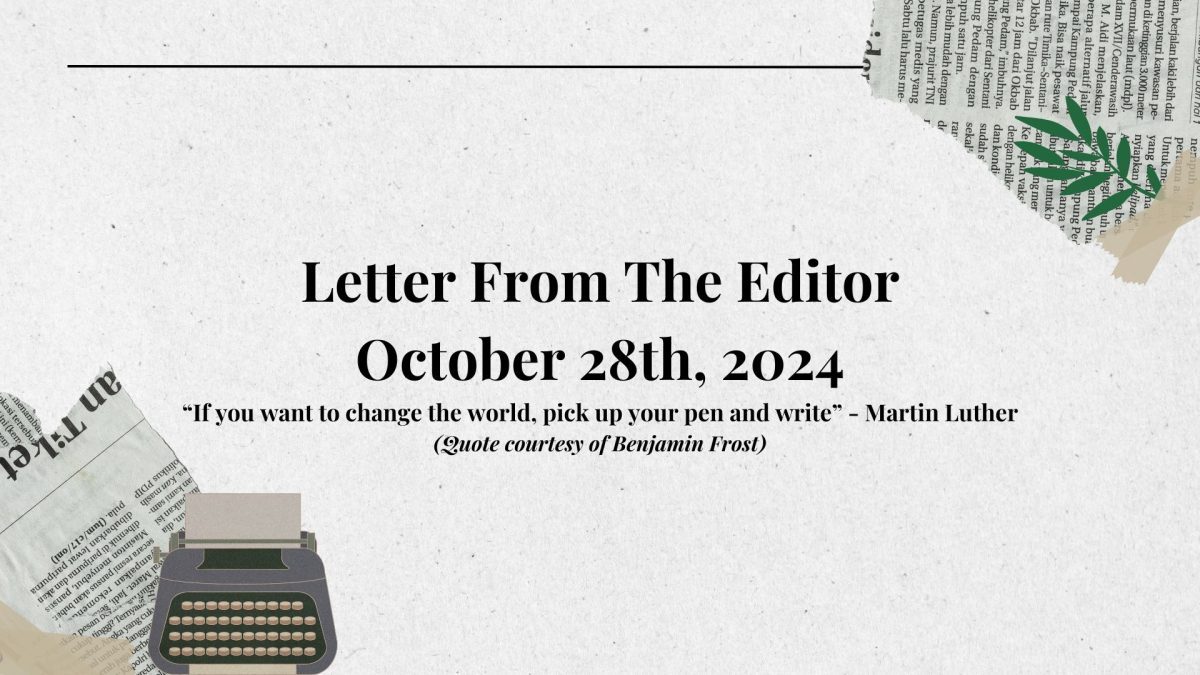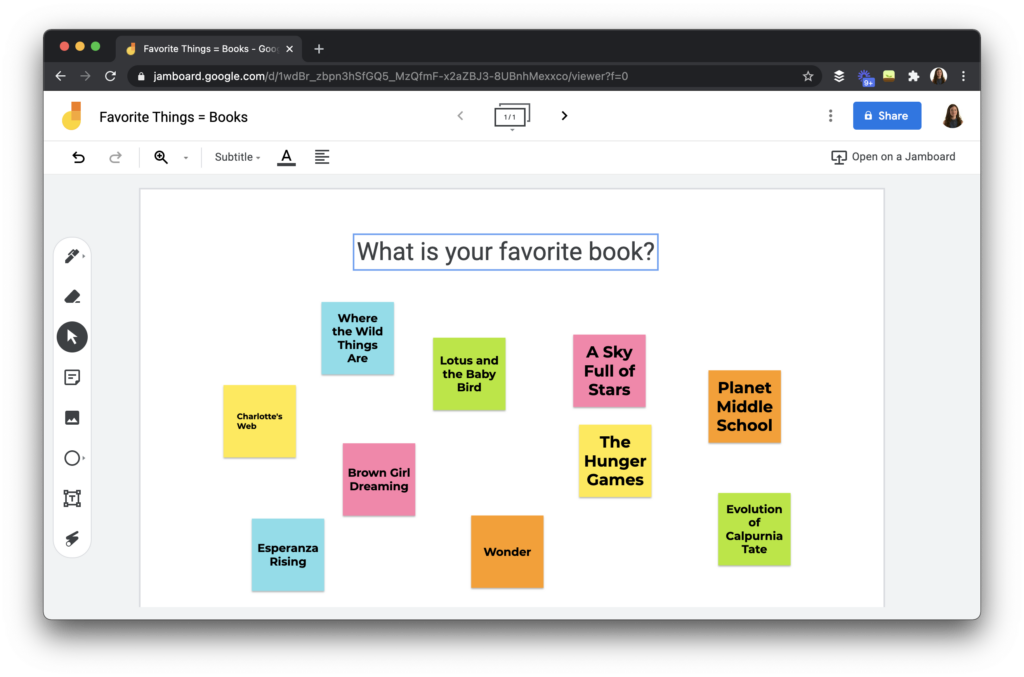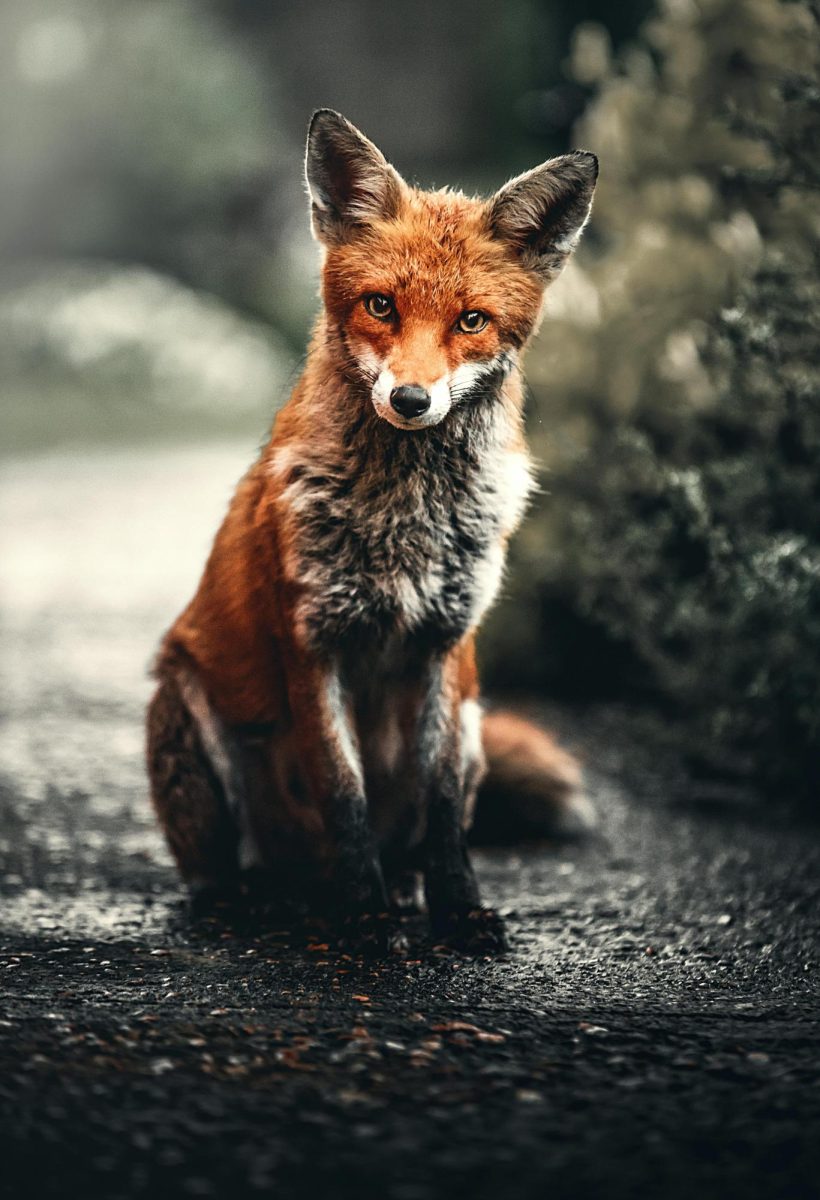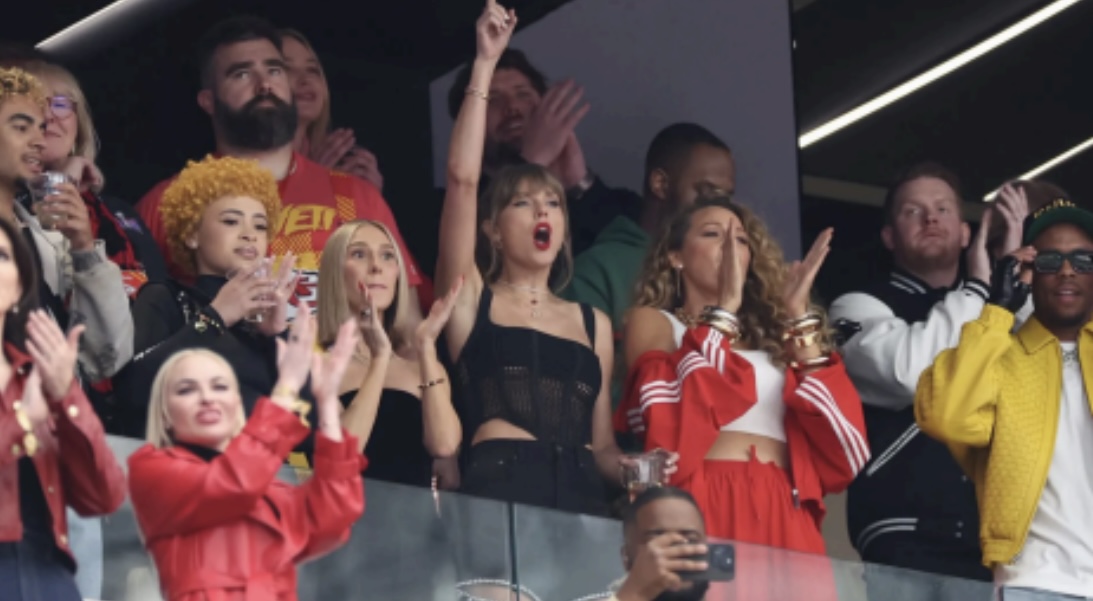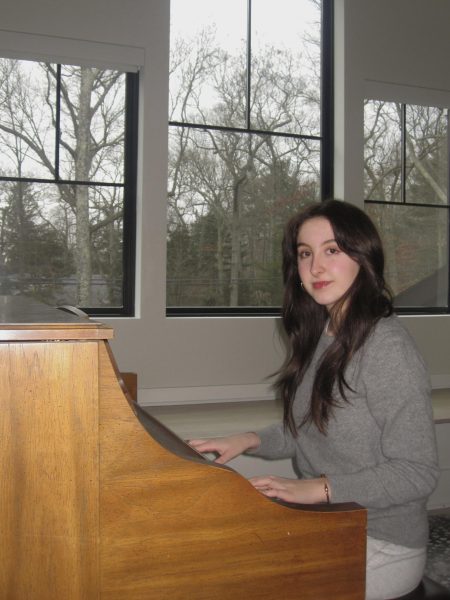While Tuesday was April Fools Day, the two guest speakers that began the Laurel Springs Career Showcase were certainly no joke. On April 1st, the three-day event kicked off with a focus on Communications and Arts & Entertainment. Joining the students were David Berreby, author and freelance writer, and Eric Hays, producer and director, providing insight into their positions, skills, and industries.
The phrase “Us and Them” is not limited to Pink Floyd, as it is also the name of David Berreby’s book, who spoke first at the showcase. As the author of the award-winning book, “Us and Them,” which discusses the science of identity, Berreby’s discussion focused on how to become a writer. He also has editing experience for publications like The Sciences magazine and The New York Post, and runs a Substack called “Robots for the Rest of Us.”
He began by noting the importance of innate ability and passion in writing. When writing professionally, you have “no captive audience,” he states. An audience has no obligation to read your work when you write professionally, and when the goal is to get people to see your perception, you must utilize your enthusiasm for the craft to hook readers. He ended the session by offering advice for young writers, stating that practice is essential, and to reject perfectionism. He assures, “Don’t worry about it being bad.” He stressed the importance of writing without expectations, and fixing mistakes later on because “You can’t fix what doesn’t exist.” Berreby also suggested frequent reading for “stuff you can steal,” or finding inspiration from writers you admire.
During the Q&A session, Berreby welcomed a variety of questions from the audience, giving detailed answers on everything from the positives of freelancing to writers like John Hersey who have influenced him over the years.
Next up was Eric Hays, who joined the webinar with palm trees, greenery, and an island breeze behind him. Taking time from working on the upcoming surf thriller “Headhunters,” Hays is based in Hawaii and has worked as a production manager and assistant director on films like “13 Going on 30.” In his session, he conveyed how what goes on behind a film camera is just as important as what goes on in front of it.
He spoke about his line of work with an obvious reverence for what he does, stating that turning ideas into visual art is what made him “fall in love” with the industry.
He, like Berreby, provided the students with advice and reassurance. He states, “You hear a lot of ‘no’s in the film industry,” before advising the scholars to not be deterred from their thoughts and dreams. Hays advocates for taking advantage of opportunities, as different projects can lead you to new experiences.
He met the students’ questions with thoughtful and personal answers. When asked how to break into the industry “When you don’t know anyone in the industry,” he responded, “Well, you know somebody now!’” Hays was happy to correspond with students one-on-one and continue giving advice to those who sought it.

